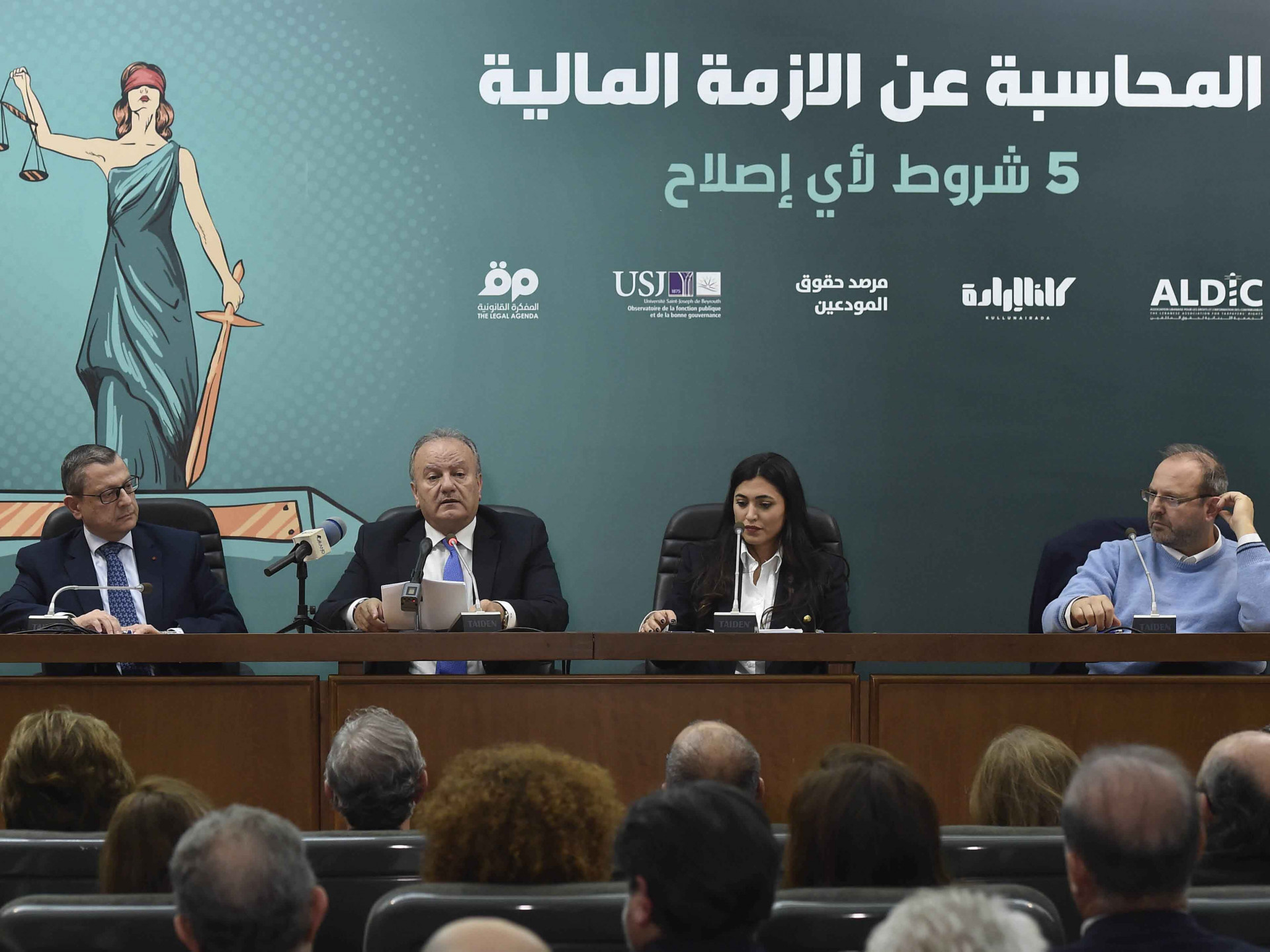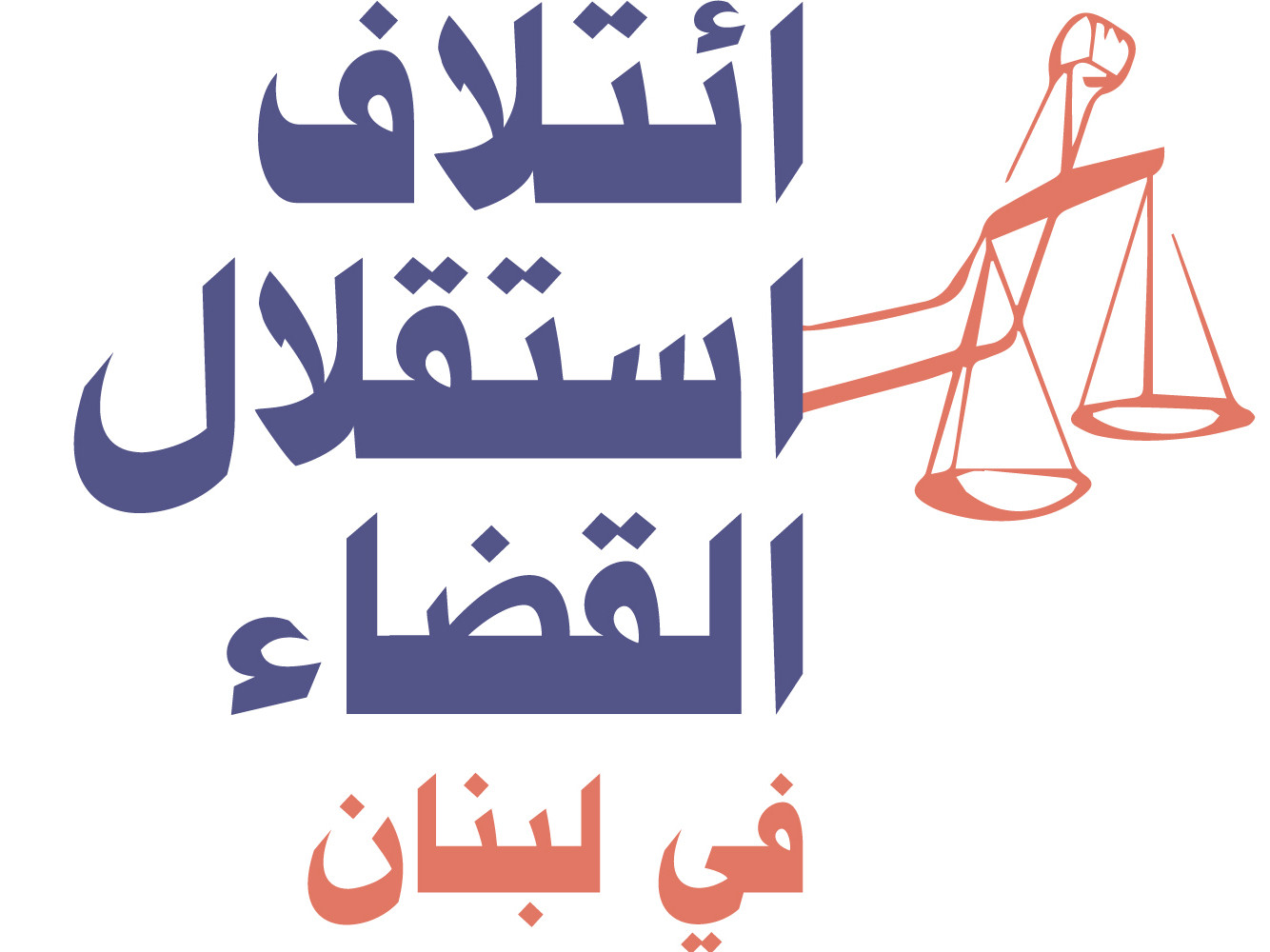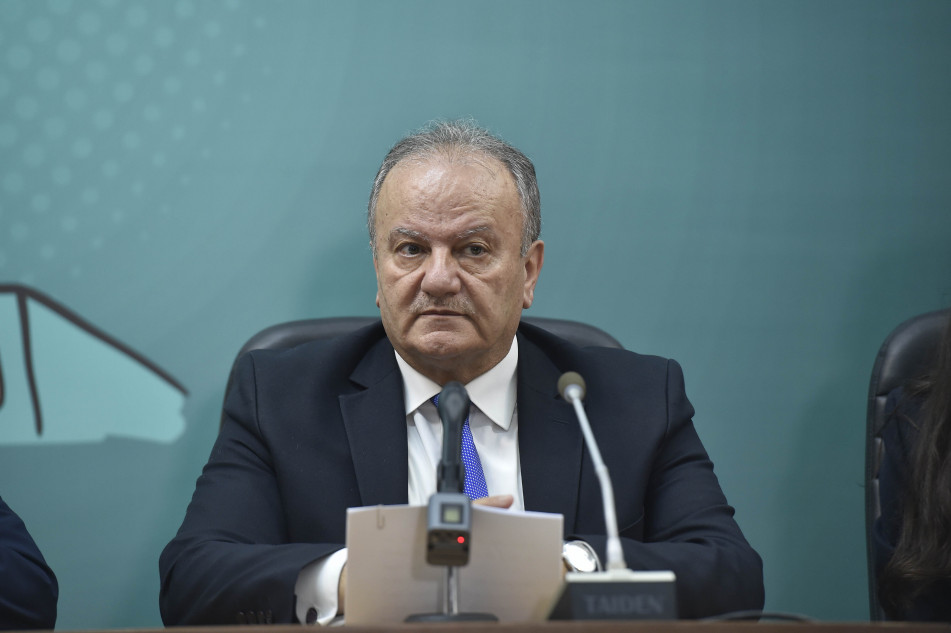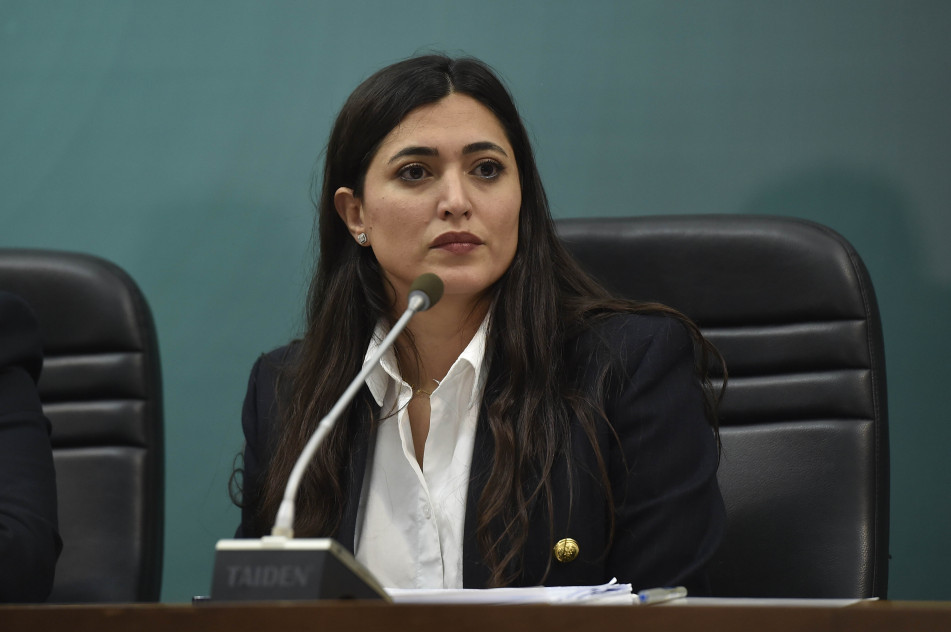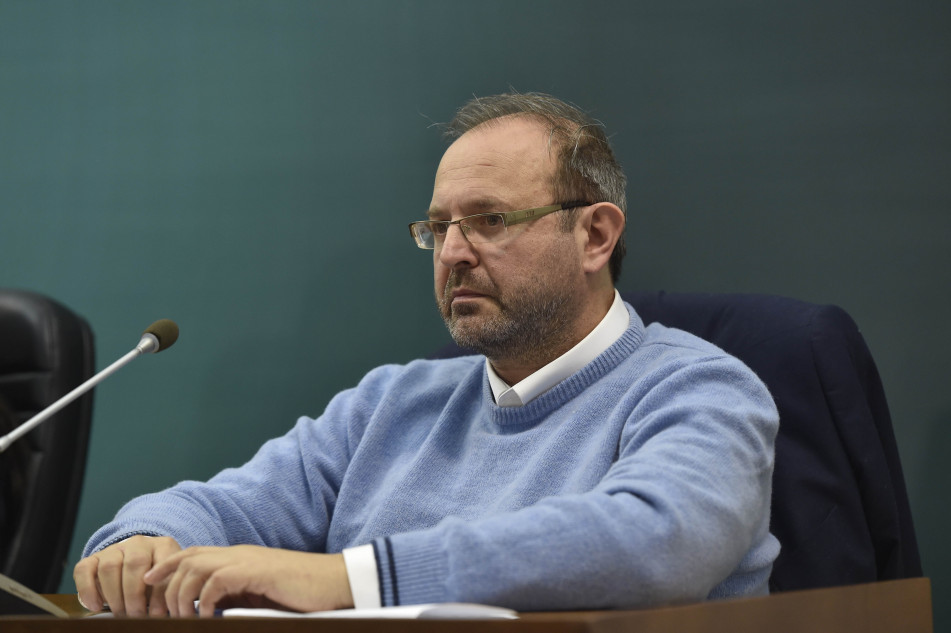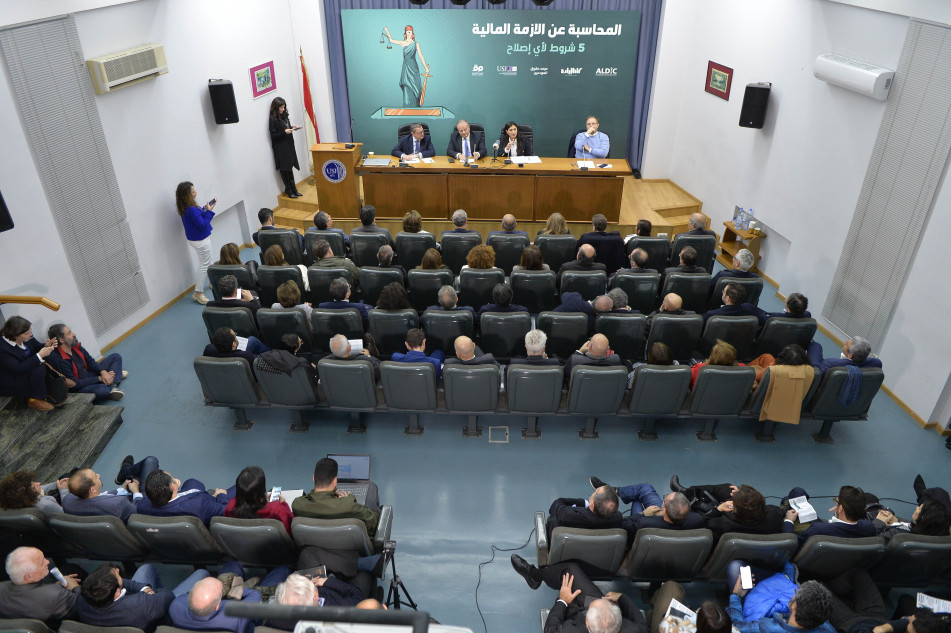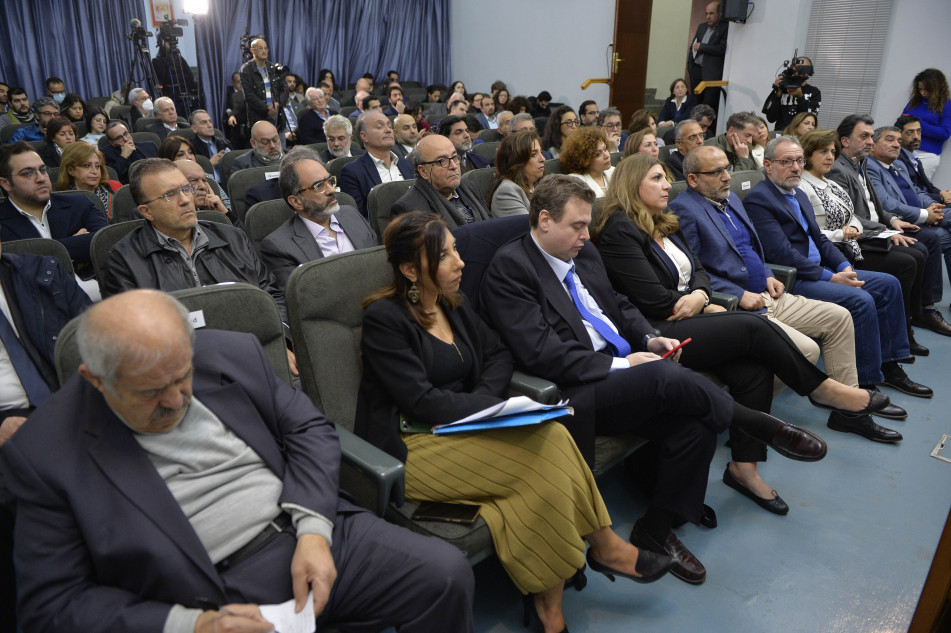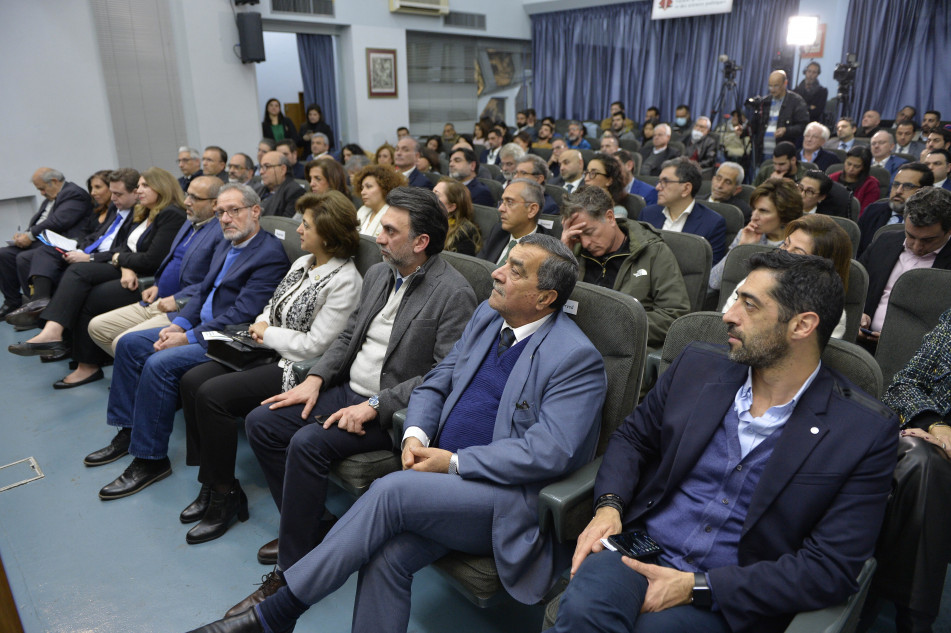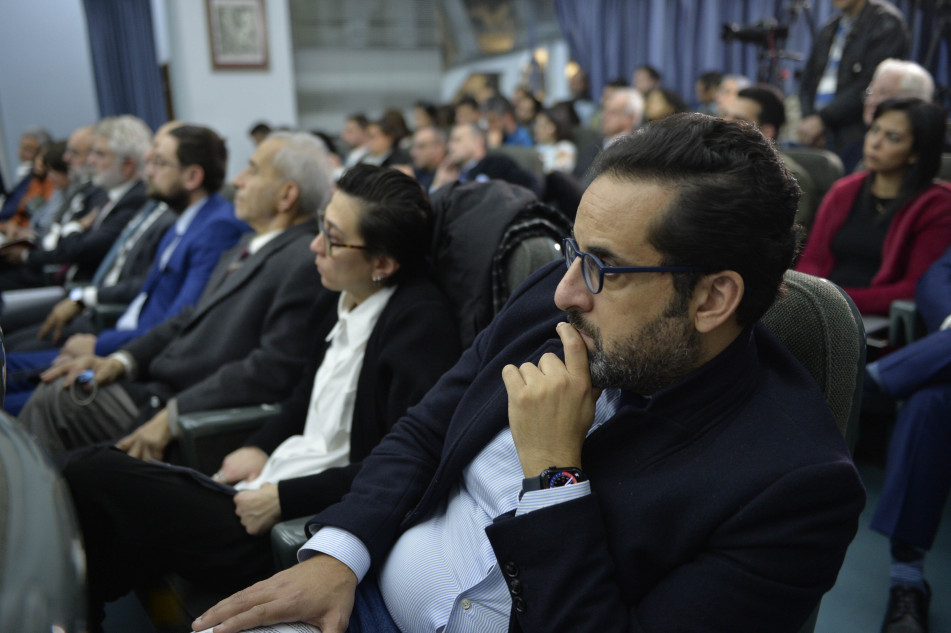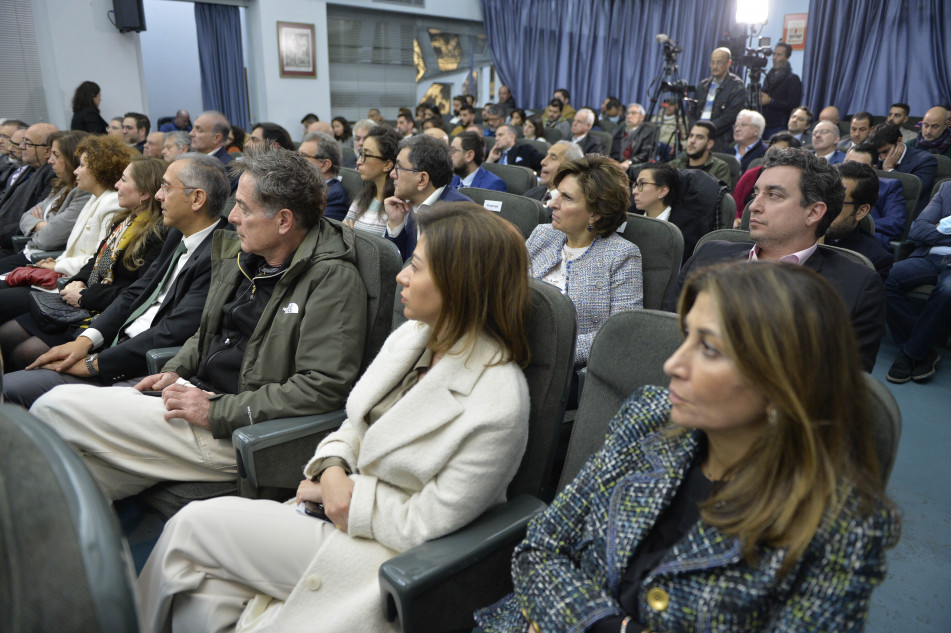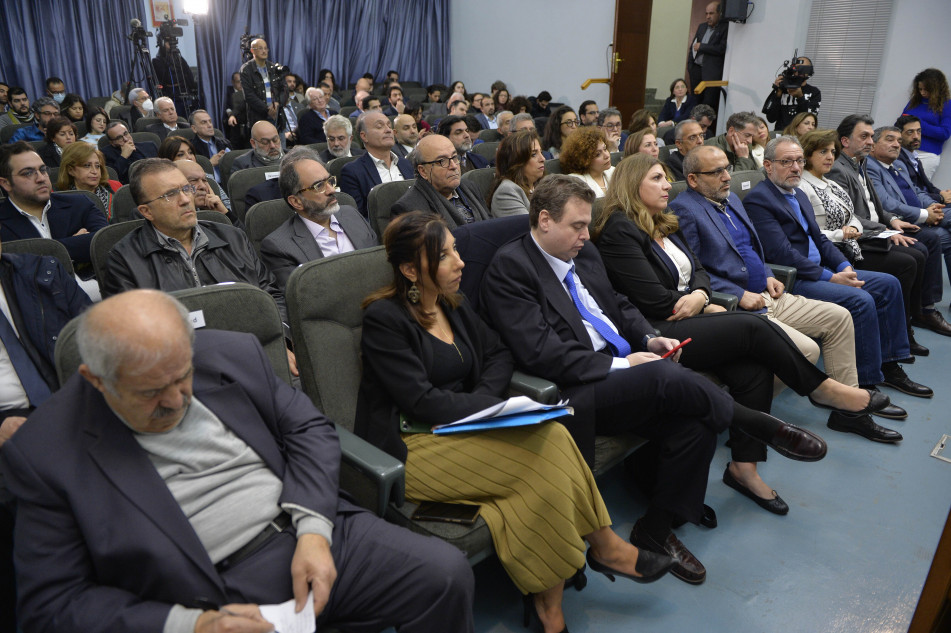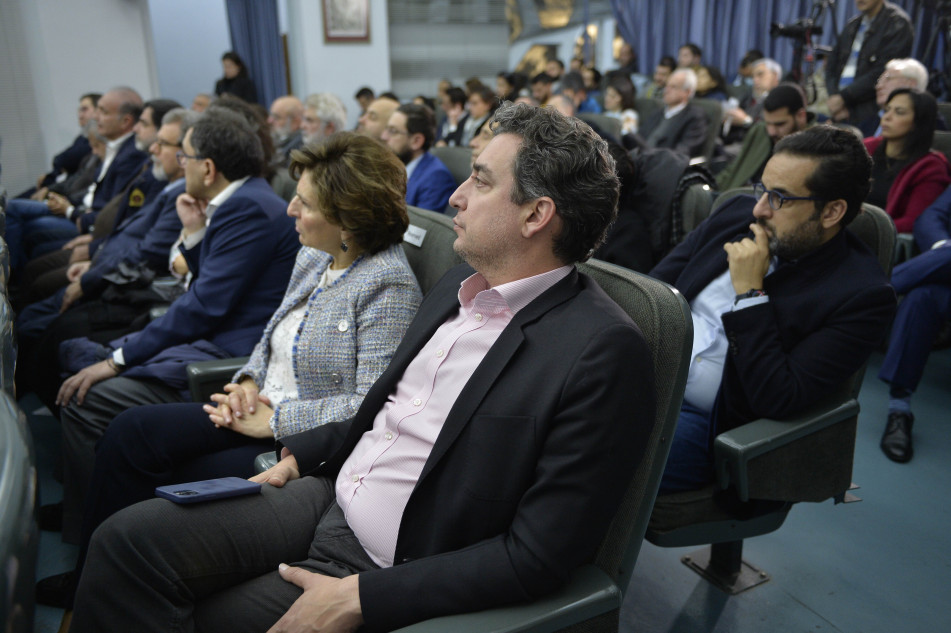Three years of relentless and devastating economic and financial deterioration has resulted in more poverty, unemployment, and emigration, placing the country in an almost insurmountable position, as a result of wrong and unfair political, economic, and financial choices that led to the distribution of losses incurred by the banking sector in a way that serves the interests of very few in Lebanese society and in light of continuous impunity from any accountability.
The key to any serious and effective reform in the financial sector, i.e. the restructuring of banks, is accountability, even if long overdue. This is a crucial first step to oblige the political class to acknowledge its responsibility for the mismanagement of public and private funds, and hold it accountable for its many crimes perpetrated in collusion with its financial and banking partners.
Within this context, Kulluna Irada, The Lebanese Association for Taxpayers’ Rights (ALDIC), Legal Agenda, The Observatory of Public Service and Good Governance at Saint Joseph University (USJ) at and The Observatory of Depositors’ Rights organized a meeting to highlight the 5 key entry points to hold accountable those responsible for the financial crisis.
These points consist of:
- Auditing bank accounts to identify eligible deposits
- Conducting a forensic audit to investigate suspicious operations and determine responsibilities
- Appointing an independent bank authority and setting a new governance model for the financial sector
- Suspending the current bank leadership and seizing their personal assets , pending comprehensive bank restructuring process
- Holding decision makers in the financial sector

